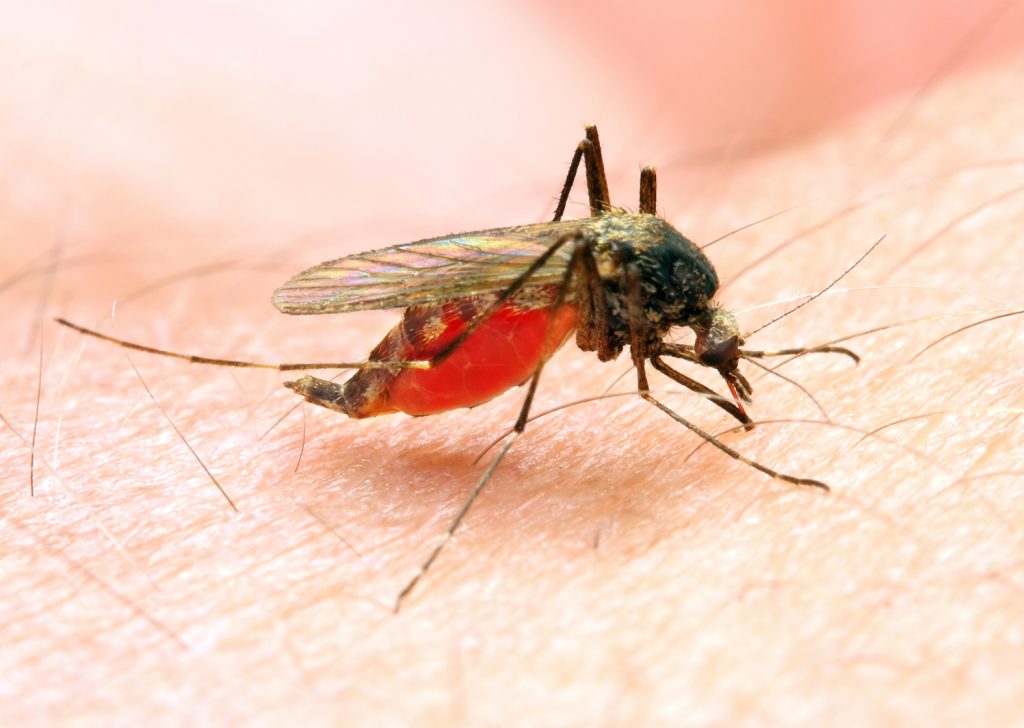Paraguay attains malaria-free status
 The World Health Organization (WHO) certified Paraguay malaria-free on 11 June 2018, making it the first country in the Americas since Cuba in 1973, and the first among the E-2020 countries to eliminate malaria .1,2
The World Health Organization (WHO) certified Paraguay malaria-free on 11 June 2018, making it the first country in the Americas since Cuba in 1973, and the first among the E-2020 countries to eliminate malaria .1,2
Malaria elimination is defined as the interruption of local transmission of all human malaria parasites for at least three consecutive years and the presence of continuous measures to prevent the re-establishment of transmission.2 Through the E-2020 initiative launched in 2016, WHO identified Paraguay as one of the 21 countries with the potential to become malaria-free by 2020. Since then, efforts have been scaled-up to improve technical capabilities to eliminate and maintain zero indigenous cases.2
Paraguay had faced significant public health problems in the 1940s with more than 80,000 cases of malaria; from 1950 to 2011, the development of a national malaria programme integrating political commitment, national leadership, international partnership, and community engagement have been successful in eliminating malaria.3 The last case of Plasmodium falciparum malaria was registered in 1995, and P. vivax malaria in 2011 – after which a 5-year plan was launched for the preparation of elimination certification.
Subsequently in 2016, the Ministry of Public Health and Social Welfare launched a 3-year initiative in the country to strengthen the skills of front-line healthcare workers.3 Furthermore, the country also implemented strong cross-border surveillance activities to prevent importation of malaria cases, which facilitated early detection, prompt investigation, accurate diagnosis and appropriate treatment. Other activities include awareness campaigns in educating the public of ways to prevent malaria transmission, diagnosis, and treatment options.
While some countries have reported significant declines in malaria burden because of the combined effort amongst the E-2020 countries, several others have reported increases in malaria cases. Insufficient funding for the continuity of malaria programmes, lapses in surveillance systems, inadequate skills among healthcare workers, and insufficient outreach are some of the hurdles to staying on track towards malaria elimination.
Paraguay’s success demonstrates the importance of collaborative efforts between the national, regional and global communities in such a challenging task. The lessons and experiences learned from malaria elimination may also be applicable to eliminate other vector-borne diseases. Moving forward, it is essential for Paraguay to keep its surveillance systems up-to-date and maintain its resources and expertise to remain malaria-free.
References
- World Health Organization. WHO certifies Paraguay malaria-free. Available at: http://www.who.int/news-room/detail/11-06-2018-who-certifies-paraguay-malaria-free. Accessed July 2018.
- World Health Organization. Update on the E-2020 initiative of 21 malaria-eliminating countries. Available at: http://www.who.int/malaria/publications/atoz/e-2020-progress-report/en/. Accessed July 2018.
- World Health Organizatoin. Malaria: Paraguay. Available at: http://www.who.int/malaria/areas/elimination/e2020/paraguay/en/. Accessed July 2018.










